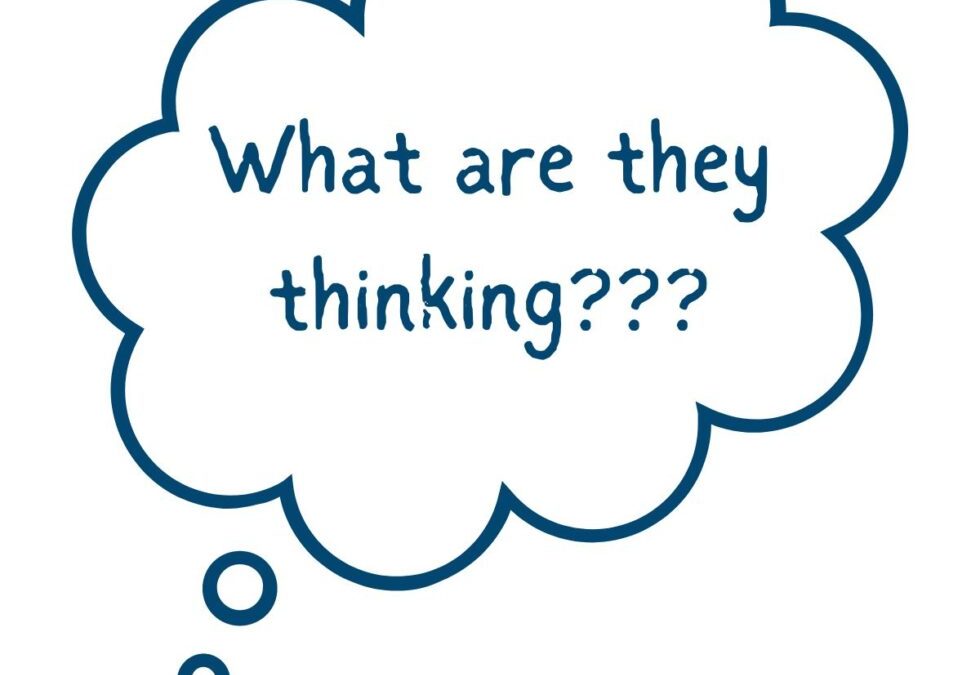Imagine this scenario: you’re in an interview, and you realize that you’re unable to “read” the interviewer. You can’t figure out what they’re thinking. They aren’t giving you any cues. They aren’t reacting to what you’re saying. They’re not smiling. You start worrying because you can’t tell whether the conversation is going well. You don’t know whether the answers you’re giving are being well accepted. You don’t know what to think, and you begin wondering if you even have a chance to get the position.
In my experience, this is a “death spiral.” Your focus has been disrupted and you’re at risk because you are spending energy trying to figure out what someone else is thinking. But you can never really know what someone else is thinking.
During your interview, you may be able to garner some information about how the interview is progressing, but if you can’t discern how they are perceiving you, your best alternative is to focus on what you need to communicate to let the interviewer know that you are the best candidate for the company and for the job. You want to avoid being distracted by what you can’t control.
You might wonder why an interviewer would choose to come across this way. Perhaps they are naturally reserved, or maybe they are assessing how you handle the absence of positive reinforcement. Regardless of the reason, becoming fixated on how they seem to be receiving your information is not ideal. This is where the importance of preparing for the interview comes in. Remember the objectives you established during the preparation process and focus on communicating the messages you developed.
It’s impossible not to think about how the interview is going but use discipline to focus on the critical aspects. Assess how well you are leveraging the opportunity to share your relevant experiences and whether you’ve communicated how you would favorably impact the organization, and the role. If you have done this, then you have done what you can do to make your case.
It’s always great to be able to gauge how the interview is going based on the firmness of a handshake or the level of enthusiasm. But that’s not always going to be available to you, and it may not even be an indication of how good the interview was. In the end, it’s going to be all about how well you make your case.
Do you know someone who could use help mastering the interview process? If so reach out to Kerrie at Command the Interview (Kerrie@CommandtheInterview.com). Our mission is to help candidates be as prepared as they can be so they can win the job of their dreams.

